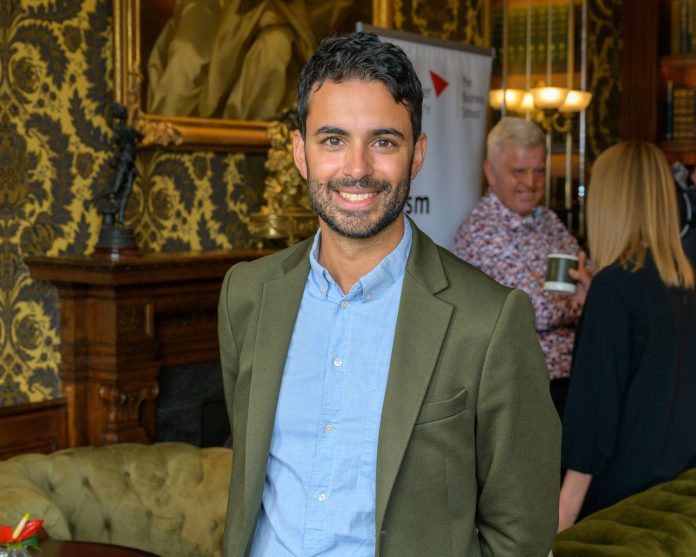By Joshua Ryan-Saha, above, Director, TravelTech for Scotland
Scotland is, of course, famous for innovation. It is a nation of problem solvers, people with a rolling stone inclination but also a genuine concern for others. That’s why the country’s Minister for Tourism, Ivan McKee MSP, sees a future for the country as a world leader in traveltech and why it’s the ideal place for businesses in the sector to thrive.
There is a natural lab culture here, an amalgamation of universities, private equity, industry clusters and government initiatives that catalyse innovation and are responsible for producing successful spin out companies. This culture allows for experimentation and refinement without discouraging risk.
There is surely no better example of this than Skyscanner. The company was set up in 2003 by three information technology professionals, Gareth Williams, Barry Smith, and Bonamy Grimes, after Gareth was frustrated by the difficulties of finding cheap flights to ski resorts. In 2008, the company received first round funding of £2.5 million from venture capital firm Scottish Equity Partners. It reported its first profits just a year later.
Skyscanner’s story shows a national commitment to invest in and support start-up companies taking an innovative approach in tackling some of the biggest challenges the travel industry faces and the great existential challenge we all face – climate change.
At Traveltech for Scotland we share that ambition. We have brought together more than 160 organisations with the aim of fostering collaboration and sharing wisdom, an opportunity for start-up entrepreneurs to connect with the tourism sector. Two heads are better than one, after all.
We are working on creating new projects and platforms where ‘collectives’ of tourism businesses come together to work with local travel tech companies and experts to design and build shared resources. The projects’ goals are to develop solutions that digitally empower small tourism and hospitality businesses, respect and listen to the needs of communities, and put sustainability first.
We have also created an interactive searchable database, the Traveltech Scotland Directory, which identifies the best tech solutions for particular needs, from rota planning to health and safety management and more.
Positioning the country as a lab for innovation allows us to look past immediate or short-term concerns of shareholder value to build an ecosystem capable of meeting non-financial but urgent matters. It helps that Scotland has a strong commitment to achieving net zero and the wider sustainability agenda that is shaping the future of travel.
For example, one of the businesses in our cluster (the only traveltech cluster in the UK, incidentally) is Electrek Explorer, a mapping platform which designs holidays with as small a carbon footprint as possible. Instead of hiring you a gas-guzzling monster to travel the famous and stunning North Coast 500, for example, they’ll secure you an electric alternative.
Another benefit of Scotland’s approach is an ability to explore community-focussed tourism, in which residents (often rural, poor, and economically marginalised) benefit from the money coming into their communities.
Another cluster member, Fairbnb, is an example of a company built around this principle. Like other platforms they ask for a fee to take bookings but transfer 50% of that fee to community projects in the host’s area.
Evidence of Scotland’s growing international identity as a hotbed of traveltech innovation is the recent decision by Travelperk to open a new office in Edinburgh. The travel management platform’s new hub should add hundreds of jobs to the city over the coming years, beginning with an additional 30 employees before the end of this year.
Tourism is one of Scotland’s most important industries, so it just makes good financial sense as much as anything else to invest in its future. The sector contributes around £6 billion to the Scottish economy every year and tourism businesses represent 8% of all registered businesses in the country.
It is, however, a greater concern that our industry must focus on now and in that regard, Scotland is well positioned to cement its reputation as the home of innovation.


